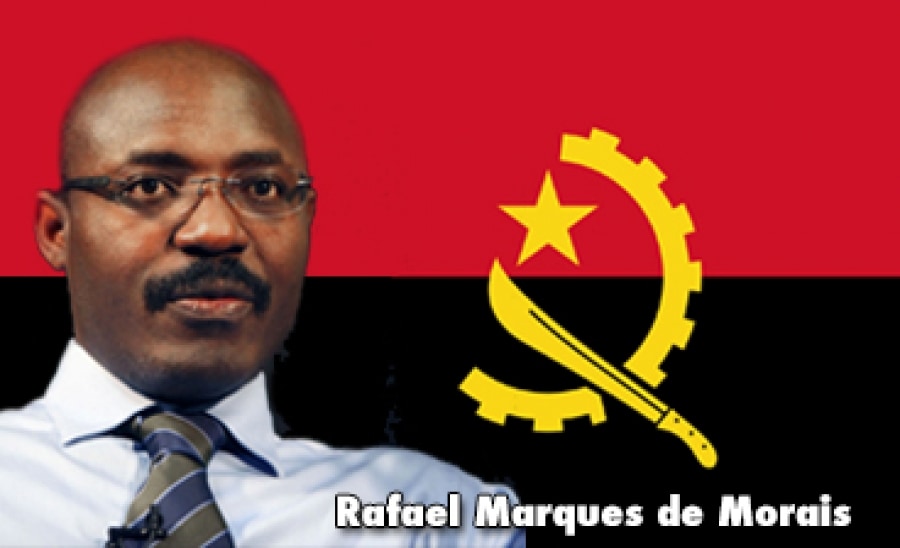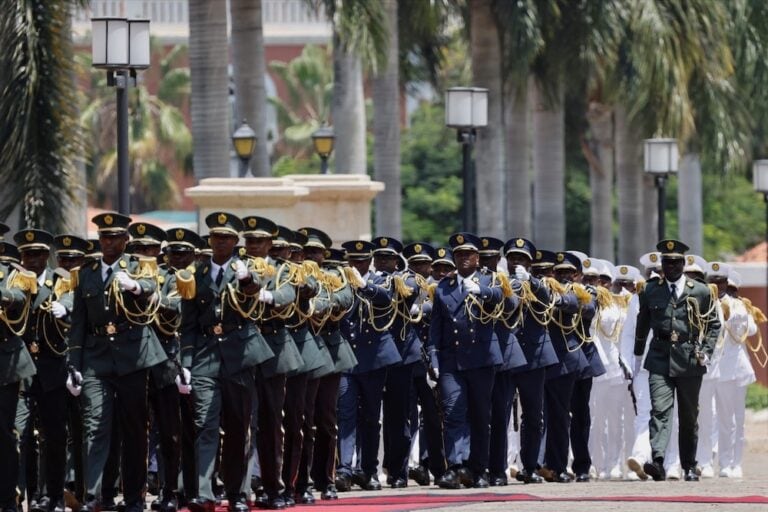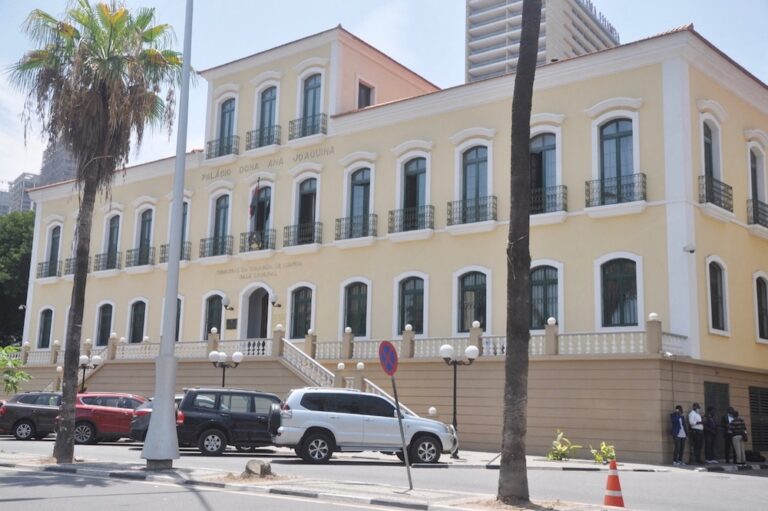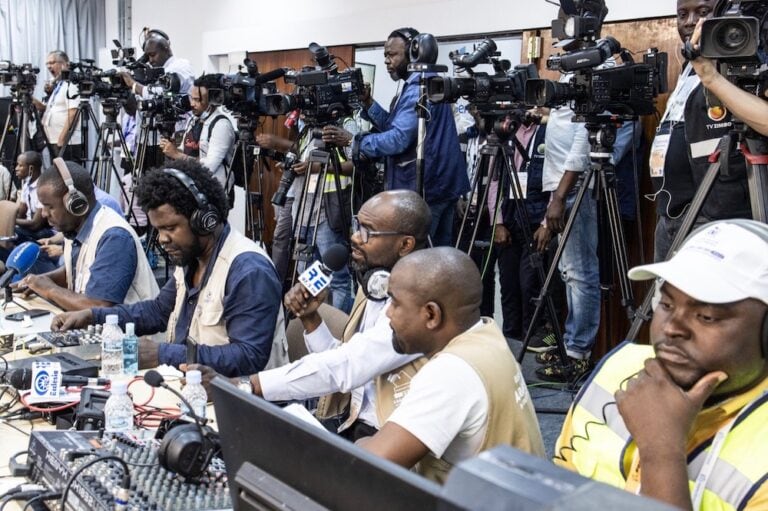Winner of this year's Index on Censorship award for journalism, de Morais is facing 15 libel charges and 9 charges for criminal defamation arising from his 2012 book, Blood Diamonds: Corruption and torture in Angola.
This statement was originally published on misa.org on 31 March 2015.
MISA calls on the Government of Angola to observe the December 2014 decision by the African Court on Human and Peoples’ Rights which found that prison sentences as penalties for defamation violate the African Charter on Human and People’s Rights and the International Covenant on Civil and Political Rights. In the same breath, MISA supports the joint appeal by the African Commission on Human and Peoples’ Rights Special Rapporteur on Freedom of Expression and Access to Information and the UN Special Rapporteur on the Promotion and Protection of the Right to Freedom of Opinion and Expression, calling on the Government of Angola to uphold the right to freedom on speech in the trial of Angolan journalist and human rights activist Rafael Marques De Morais.
Background
Angolan journalist and human rights activist, De Morais, is facing 15 libel charges, in addition to the nine charges for criminal defamation arising from a book published in 2012, Blood Diamonds: Corruption and torture in Angola. De Morais appeared in court on Tuesday 24 March 2015.
De Morais’s book contained details of more than 100 killings and torture cases against civilians and small-scale miners at diamond mining fields in the Cuango region in Angola, allegedly carried out by security guards and members of the Angolan army.
De Morais was expected to appear in court on the original nine charges when his lawyers notified him of the additional charges. De Morais was ‘speechless’ according to a tweet he posted on Tuesday, 24 March. He had recently returned from receiving an award from the London-based freedom of expression group Index on Censorship for his work in journalism.
The Trial
The proceedings were held in camera and excluded both the public and the press. The case was adjourned until 23 April, giving his lawyers to deal with the new charges. He will face nine years in jail and libel fees of £800,000 (R14 333 246.69), if found guilty.
Defamation still continues to be a crime punishable by imprisonment in Angola and under its 2006 Press law, journalists who criticise the government face grave reprisals. The authorities continue to use this law to silence journalists who expose corruption in the state or private sector.
According to research conducted by the Committee to Protect Journalists (CPJ), human rights defenders and journalists are left in a position of vulnerability because of judicial and administrative harassment and threats and acts of intimidation that affect their right to freedom of speech.
Despite Angola being a State Party to the African Charter on Human and Peoples’ Rights (African Charter) and the International Covenant on Civil and Political Rights (ICCPR), the government is not upholding citizens’ right to freedom of expression.
After the 2014 judgment in Konaté v Burkina Faso, imprisonment for defamation is illegal on the continent. The Media Institute of Southern Africa urges the Angolan government to heed this ruling and release de Morais immediately.



